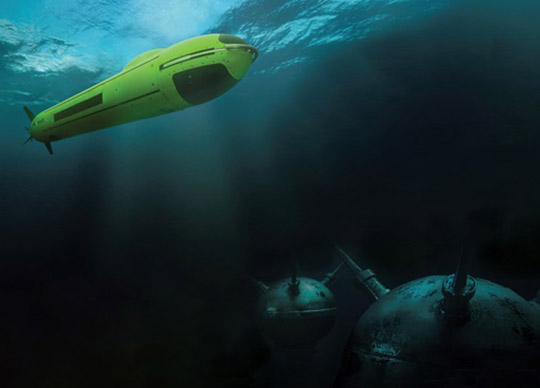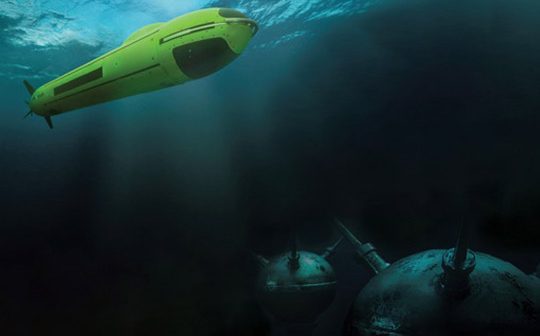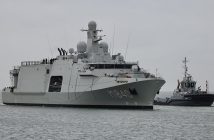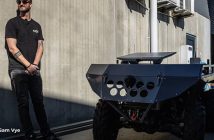
Exail says it has finalised its first large-scale order of simulated sonar data from Mission Systems, a pivotal step that launches the Australian research and development-focused SME into the international defence supply chain.
The order focuses on the large-scale acquisition of simulated sonar data, produced by Mission Systems, which is based on computer models of how the sea floor appears to high-resolution imaging sonar – an approach that is far quicker and more economical than sourcing actual sonar data.
The collaboration between Exail and Mission Systems aims to expedite the deployment of AI-based Automatic Target Recognition capabilities by creating hybrid learning databases of real and simulated sonar data.
Mission Systems’ sonar simulation, and automatic labelling of arbitrary 3-D objects, will be used by Exail’s data scientists to develop more robust and higher performance neural networks for automatic target classification.
“This project aims to enhance our customer’s military hydrography and mine countermeasures (MCM) capabilities,” Mission Systems Director David Battle said. “This partnership with Exail will help take the company onto the international stage.”
Sébastien Tauvry, Exail’s Marine Data Processing Product Manager, highlighted the strategic alignment between the two firms.
“With this order, Exail recognises the know-how of Mission Systems and demonstrates its willingness to work with the Australian SME ecosystem,” he said.
“This order signals the integration of Mission Systems’ cutting-edge S4 sonar and mission simulation technology into Exail’s UMISOFTTM software suite dedicated to MCM.
“This order is the first step towards establishing ‘evergreen’ technologies which can be steadily developed and improved throughout the delivery of MCM program for our current and future customers.
“Mission Systems” expertise, in combination with the sea-proven heritage of Exail’s technology will deliver a superior MCM solution for the RAN.”






